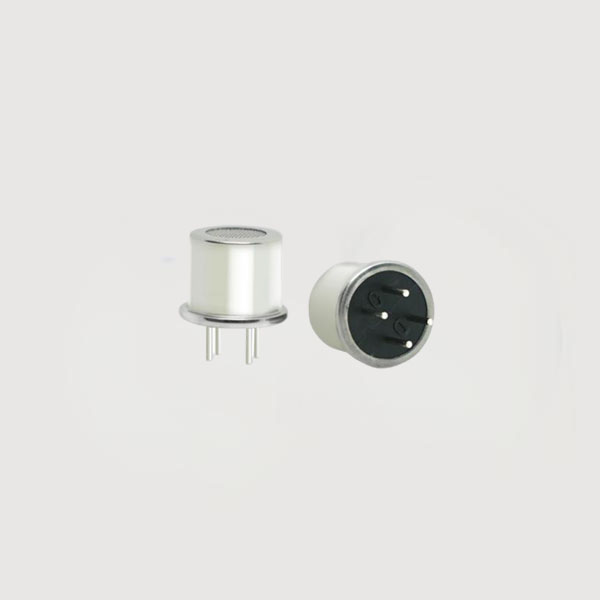

 News
News Industry News
Industry NewsInstalling a gas alarm is an effective, simple, and immediate way to detect gas leaks, making it a crucial line of defense for home gas safety. With widespread attention paid to gas safety, the installation and use of gas alarms in homes is becoming increasingly common.
Home gas alarms are small and lightweight, and can be directly attached or hung in a suitable location in the kitchen. However, in practice, many users have experienced the alarm sounding even when there is no gas leak, repeating the "crying wolf" story.
Why do home gas alarms produce false alarms?
From the user's perspective, many factors can cause the alarm to malfunction during use.
Cooking. Evaporated cooking wine, moldy and odorous ingredients like eggs, and strong-smelling Chinese medicine during cooking can all affect the alarm. Furthermore, cooking fumes and particulate matter can adhere to the alarm, reducing its sensitivity.
Vapor and humidity. In winter in northern China, kitchens are often oversaturated with water vapor, and condensation can also cause false alarms.
Improper installation. When the alarm is too close to a gas stove, the internal sensor is susceptible to interference from high temperatures, high humidity, and the diffusion of unburned gases, which can also cause false alarms.
From a manufacturing perspective, false alarms can be caused by issues with the sensor, hardware circuitry, and software processing during the alarm production process.
Common combustible gas sensors on the market generally meet the daily needs of alarms, but different sensor models exhibit significant differences in their anti-interference performance.
When interfering gases (such as ethanol and acetic acid) are present in the air, the output signal of a sensor with poor anti-interference performance will be consistent with the output signal when a certain volume fraction of methane is present in the air, resulting in false alarms. Therefore, selecting the right sensor is key to ensuring the alarm's anti-interference performance and reducing false alarm rates.
ZR07 sensor for home gas alarm

Hot-wire gas sensors consist of a sensing element and a compensation element. The compensation element mitigates the impact of ambient temperature and humidity on the output signal, giving the sensor excellent anti-interference performance. Compared to traditional gas sensors, hot-wire sensors offer significantly improved reliability.
The ZR07 hot-wire gas sensor utilizes a grid-distributed Mos (metal-oxide-semiconductor) nanoporous ultra-stable structure matrix and pinned-binding catalyst doping technology. It exhibits ZY's performance advantages in terms of lifetime, accuracy, linearity, and repeatability, and can be used for the concentration detection of flammable gases such as natural gas, liquefied petroleum gas, and coal gas.
Among sensor-related issues, poor anti-interference performance is the primary cause of false alarms. Choosing a high-performance gas sensor can directly and effectively reduce the false alarm rate. The ZR07 hot-wire gas sensor also provides a new option for high-end home gas alarms.